13.00 Uhr
Führung durch das Konzerthaus Berlin

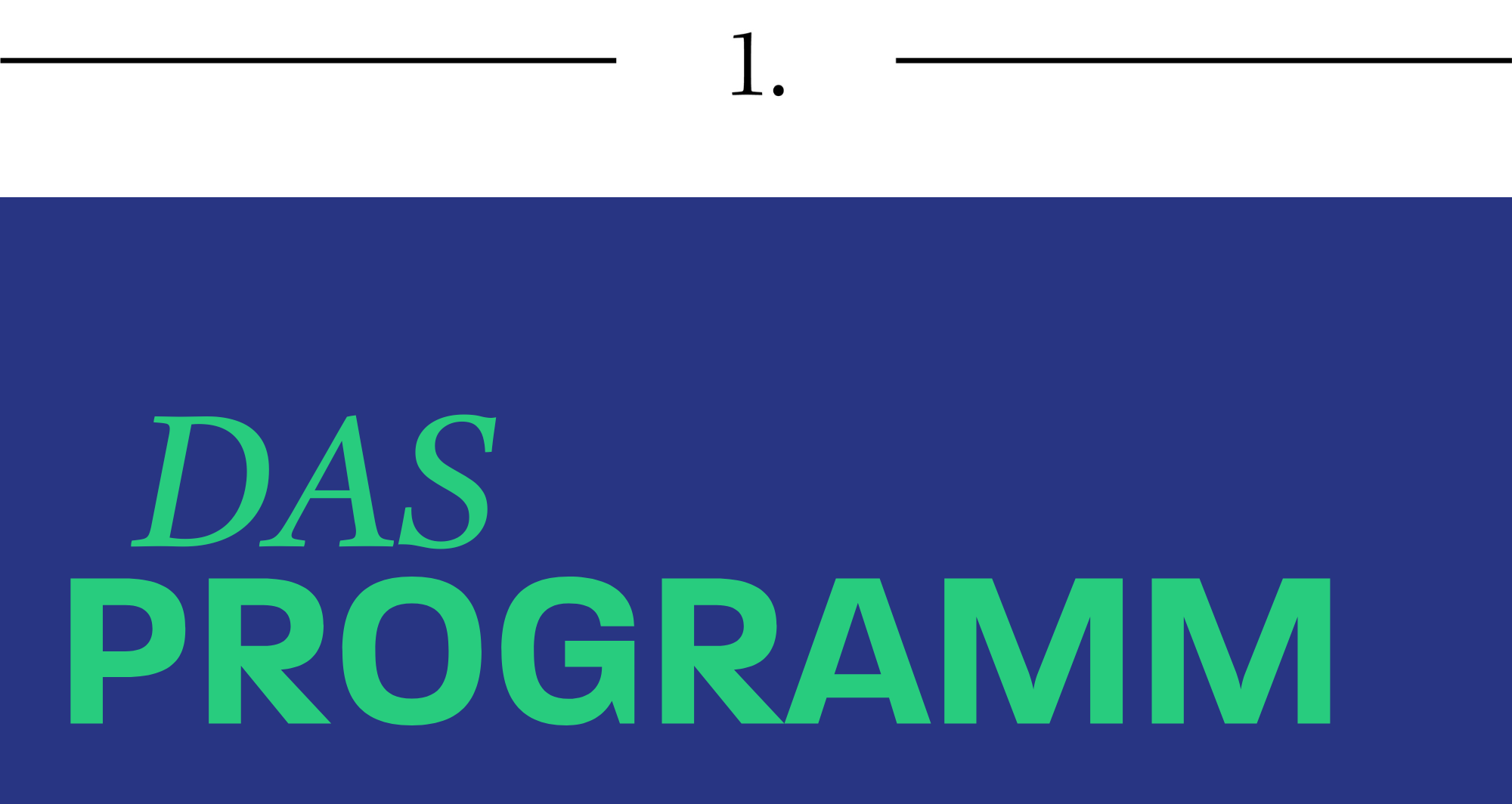
FREDDIE BALLENTINE Tenor
KUNAL LAHIRY Idee, Konzept und Klavier
GERMAN MOTHER MANDHLA LAVEAUX Master of Ceremony
GERMAN MOTHER GINA ANGELS Voguing
GERMAN GODMOTHER XENIA LOUBOUTIN Voguing
GERMAN PRINCESS JOANA JUICY-COUTURE Voguing
SHAYNE ANGELS Voguing
ZIMA LAVEAUX Voguing
LUCILLA SCHMIDINGER Dramaturgie
I. Shut me out
Traditional spiritual
„Sometimes I Feel Like a Motherless Child”
Aaron Copland (1900 – 1990)
„Nature, the Gentlest Mother“ aus „Twelve Poems of Emily Dickinson“ für Singstimme und Klavier
William Bolcom (*1938)
„George“ aus „Twelve Poems of Emily Dickinson“ für Singstimme und Klavier
Aaron Copland (1900 – 1990)
„Why do they shut me out of heaven?“ aus „Twelve Poems of Emily Dickinson“ für Singstimme und Klavier
Franz Schubert (1797 – 1828)
„Memnon“ D 541 für Singstimme und Klavier
Margaret Bonds (1913 – 1976)
„Minstrel Man“ aus „Three Dream Portraits“
Traditional gospel
„Lord I Just Can't Keep From Crying“, für Singstimme und Klavier arrangiert von Margaret Bonds
II. Going up in smoke
David Krakauer (*1956)
„The 80's Miracle Diet“ für Singstimme und Klavier
Ricky Ian Gordon (*1956)
„I Never Knew“ für Singstimme und Klavier
Abel Meeropol aka Lewis Allan (1903 – 1986)
„Strange Fruit“, für Singstimme und Klavier arrangiert von Pablo Campos
III. Requiem
Earl Wild (1915 – 2010)
„The Man I Love“ aus „Virtuoso Etudes“ nach George Gershwin für Klavier
John Musto (*1954)
„Litany“ aus „Shadow of the Blues“ für Singstimme und Klavier
Henry Purcell (1659 – 1695)
„When I am laid in Earth“ aus „Dido und Aeneas“
IV. So Loud, So Proud
Ricky Ian Gordon (*1956)
„My People“ aus „Genius Child“ für Singstimme und Klavier
Sergej Rachmaninow (1873 – 1943)
„Spring Waters“ op. 14/11 für Singstimme und Klavier
Nina Simone (1933– 2003)
„Backlash Blues“, arrangiert für Singstimme und Klavier von Pablo Campos
Zach Redler (*1985)
„Mr. Brown“ für Singstimme und Klavier
“Everything possible can now take place here, no stone of the classical concert remains unturned,” is how the Berliner Zeitung enthusiastically summarized the idea of our festival two years ago.
In the second edition of “Aus den Fugen”, we remain true to this bold approach: once again, we are transforming impulses from world events into artistic ideas. For two weeks, we will create alternative concert formats, give unjustly unheard works a place on stage and bring often excluded actors into the center of the action.
Together with strong artists who share our curiosity about unfamiliar territory, we will reassemble the parts that have fallen apart at the seams and thus open up fresh scope for action for the classical concert.
There will also be room for reflection: how can we find solid ground under our feet again when so much around us is shaking? How can we maintain our faith in humanity in the face of numerous conflicts, fronts and wars? Perhaps through the power of music as a means of resilience, through the will to learn from one another and to remain in dialog - and not least through the community that an intensively organized festival can create.
We cordially invite you to the Konzerthaus Berlin!
Sebastian Nordmann
Artistic Director
Dorothee Kalbhenn
Program Director
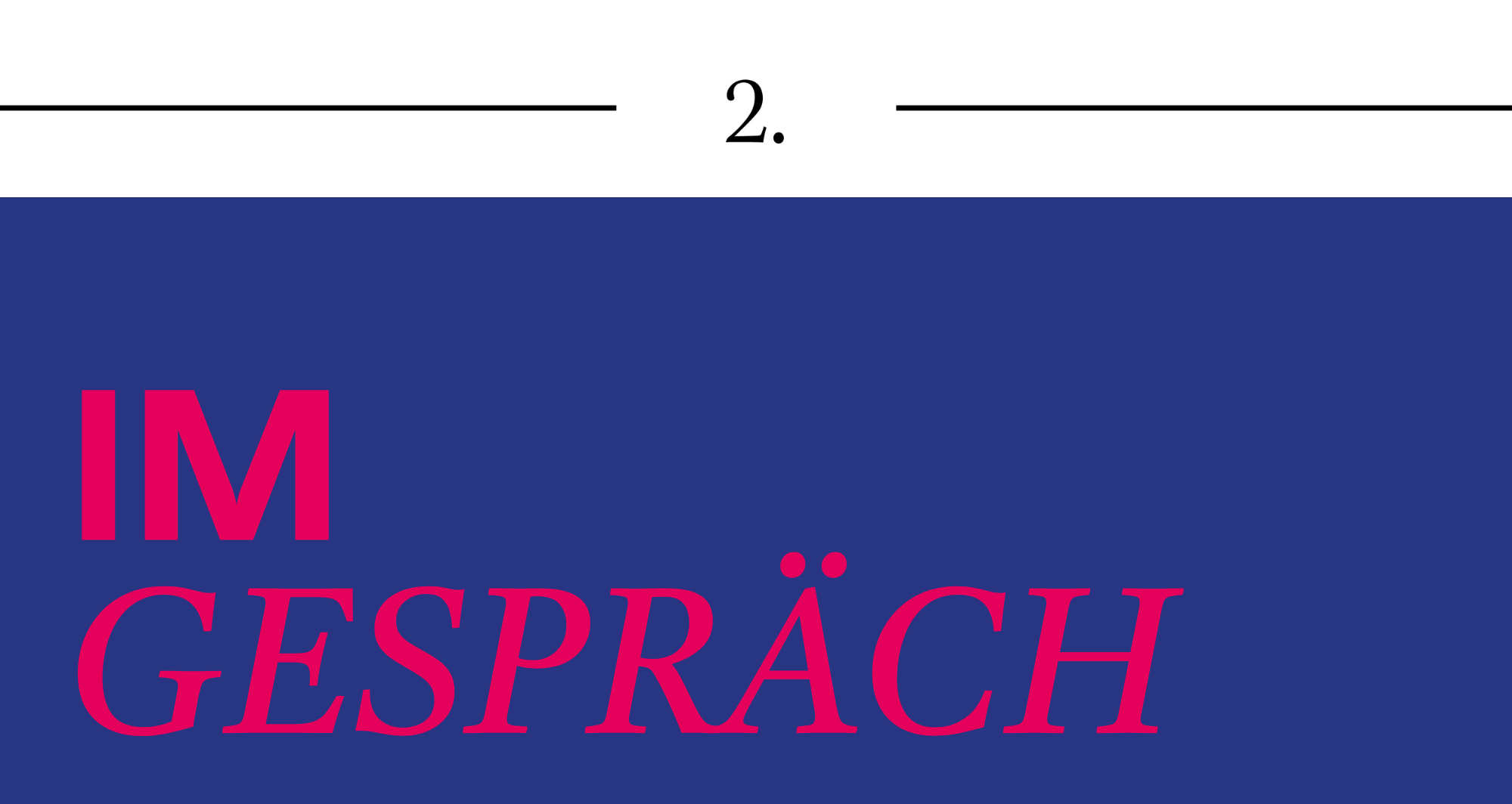
The concert in the Werner Otto Hall is about to begin. Hopefully no one is holding this program leaflet in their hands right now, but is looking towards the stage, towards the catwalk, full of expectation. Kunal and Frederick, who do you think is sitting on the colourful WOS chairs right now, looking forward to your performance?
Kunal:
This evening clearly is a love letter to the Ballroom/Voguing/Queer community, but at the same time it is by no means meant to be an exclusive space. We have put so much thought into ensuring that no one is excluded, not even the classical audience.
Frederick:
Actually, we were already thinking mainly of those who are like us: Queer, Brown, Black people. I know that feeling of being out of place all too well. When I'm in the audience at the opera, people say to me: 'Oh my God, is this your first? Being the only black person in the audience feels like an offense.
Kunal:
It's always nerve-wracking when you are potentially provoking people. It is not my intention to provoke or embarrass anyone, even or especially when they are confronted with something unfamiliar or difficult. That's why we've crafted the program and its setting to be truly accessible to everyone.
And for literally everybody, that means that we needed to shift our target audience to a queer BIPoC one. By centering thematic material in our recital which speaks to a diverse pool of people, we are creating space for a new audience while remaining accessible to the traditional classical music audience. Both sides of the aisle are able to experience something familiar and unfamiliar. I think that is the biggest takeaway.
Frederick:
Yes, and it's definitely not exclusionary. What would be the point of creating a space in classical music that is exclusive to a certain type of person? I think that's one of the beautiful things about music. It's one of the beautiful things about art. Everybody should be involved. A lot of people just don't know that they can - or how to do it.
Kunal:
Our mission is to create a space where every community can express themselves and take up space and feel safe in these traditional classical structures, so that eventually we might not even have to discuss whether or not Queerness is represented in a program. But before that, we should probably talk about how we can open up more Queer, inclusive spaces within the traditional classical structures.
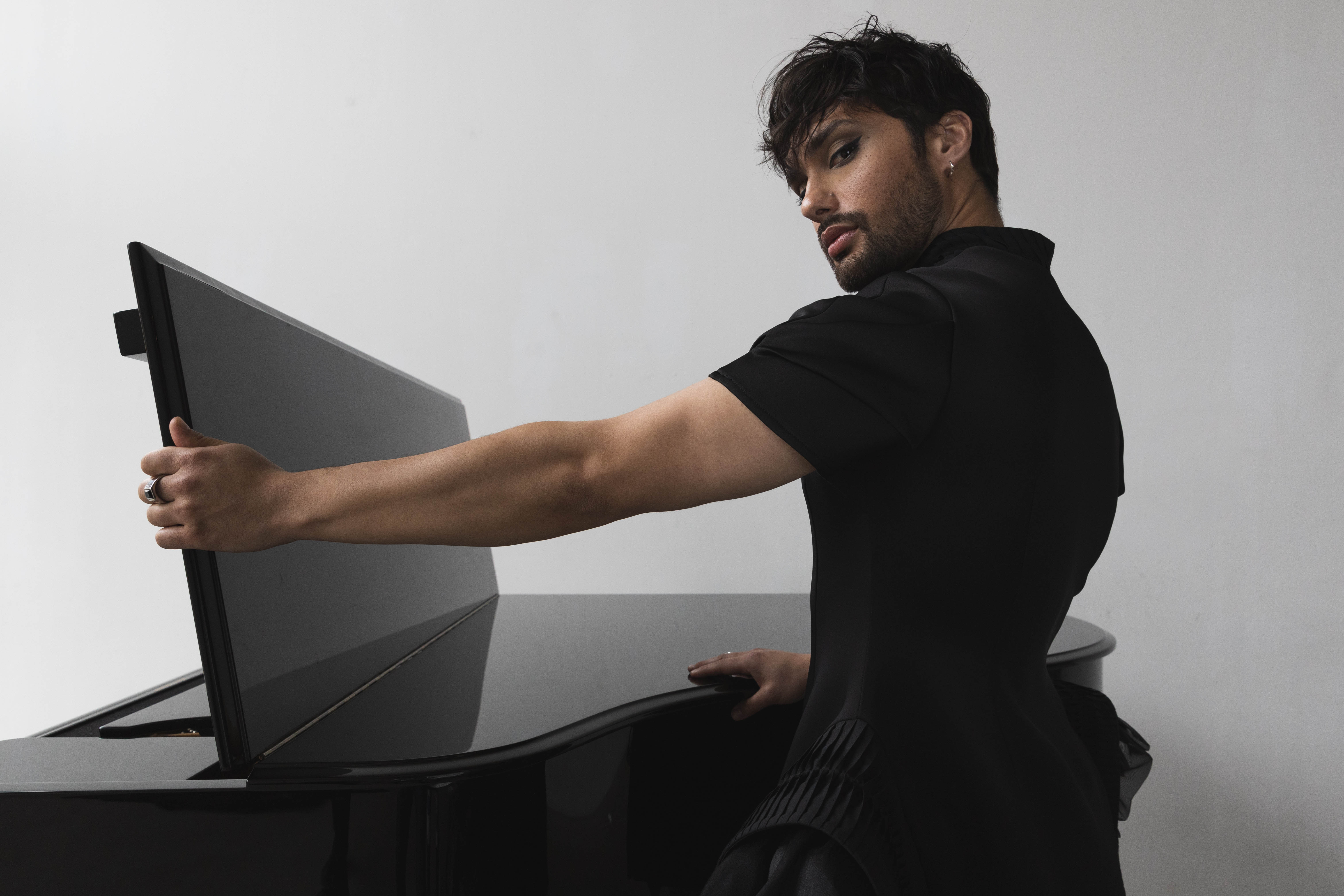
In classical music, as you have just mentioned, there is traditionally a gap between the audience and the musicians. Some make music for others who, by virtue of their education, upbringing and financial means, are able to attend the concert. There is a certain expectation and inequality. In the ballroom it's very different. Even though it is a competition, and the idea of competition is sometimes provocative, every performance is celebrated, supported and accepted. There is really no difference between the artists and the audience. Does this different environment influence you as a performer?
Kunal:
I think it has affected us both very strongly. My love of classical music didn't come from a family tradition or an elitist upbringing. It came from teachers who nurtured and exposed me to classical music and talked to me about classical music. And I found a lot of things that made me really passionate about it, but the whole thing, classical music, still remained somehow abstract and nebulous to me.
Frederick:
I actually feel a bit unfree in the opera. Sometimes I feel I'm being forced into a costume designed by the director, the conductor or the composer. There are so many people who set limits for me when I'm on stage. I'm a loud, lively personality and I have to rein that in when I'm on an operatic stage. I don't feel that way in the Ballroom. In the Ballroom you can and must be your biggest, proudest self.
Kunal:
It's actually about code-switching. I always felt like I had to amputate my Queer side to be classy enough. I feel an enormous difference in the quality and level of my performance depending on whether I'm performing for a Queer audience, a younger audience or a BIPOC audience. They know when something is not authentic. They will sense when it's not coming from me, when I don't have integrity. They do not sense in the same way if I miss a note or if I'm adding too much pedal or if the staccato was with a slur over it or not. They do not care what kind of addition I've used. They're caring about the impact. So if I concentrate on that, I can actually perform better. I play more right notes, I play with better articulation and better use of the pedal.
Frederick:
Yes, exactly! Because your focus is different. It's not about perfection, it's about the emotions in that setting. And I think a huge difference between the two communities is also the interaction. A Ballroom is about family, and family supports each other. It's interactive. You can feel the audience reacting to your singing. You can hear them and see them. And we say this at the beginning of the program: If you moved to make some noise, to clap, to scream, whatever - do it, girl, do it!
Kunal:
It is not an academic program. It is a program to be seen, heard and lived. And we are really excited to have the opportunity to bring it to Berlin and to present it in a space like the Konzerthaus. We've thought so much about how much the audience can take, how much they can't, where we can take them, where we should respect boundaries, and how we want people to leave the concert feeling. And in the end we want them to feel joy, and we want them to feel connected.
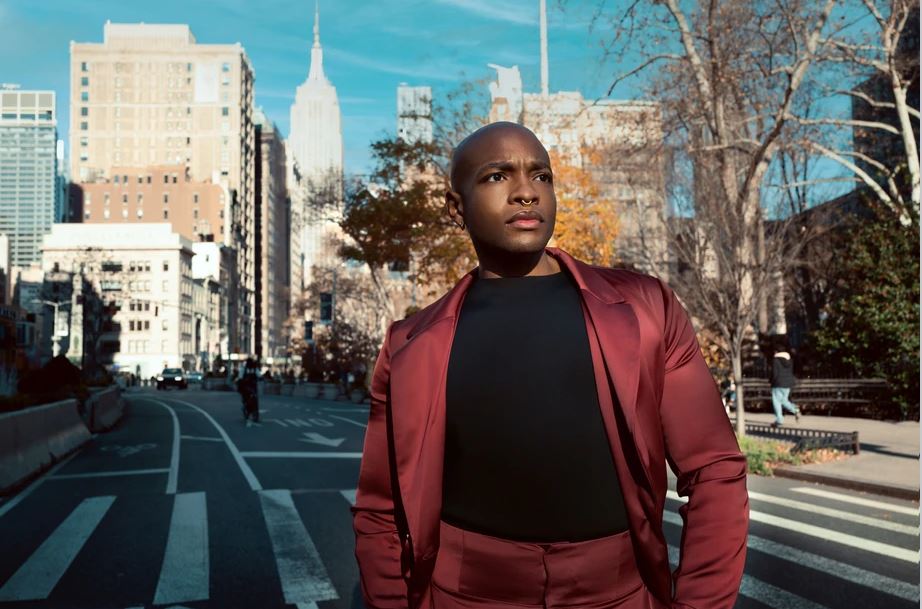 back
back
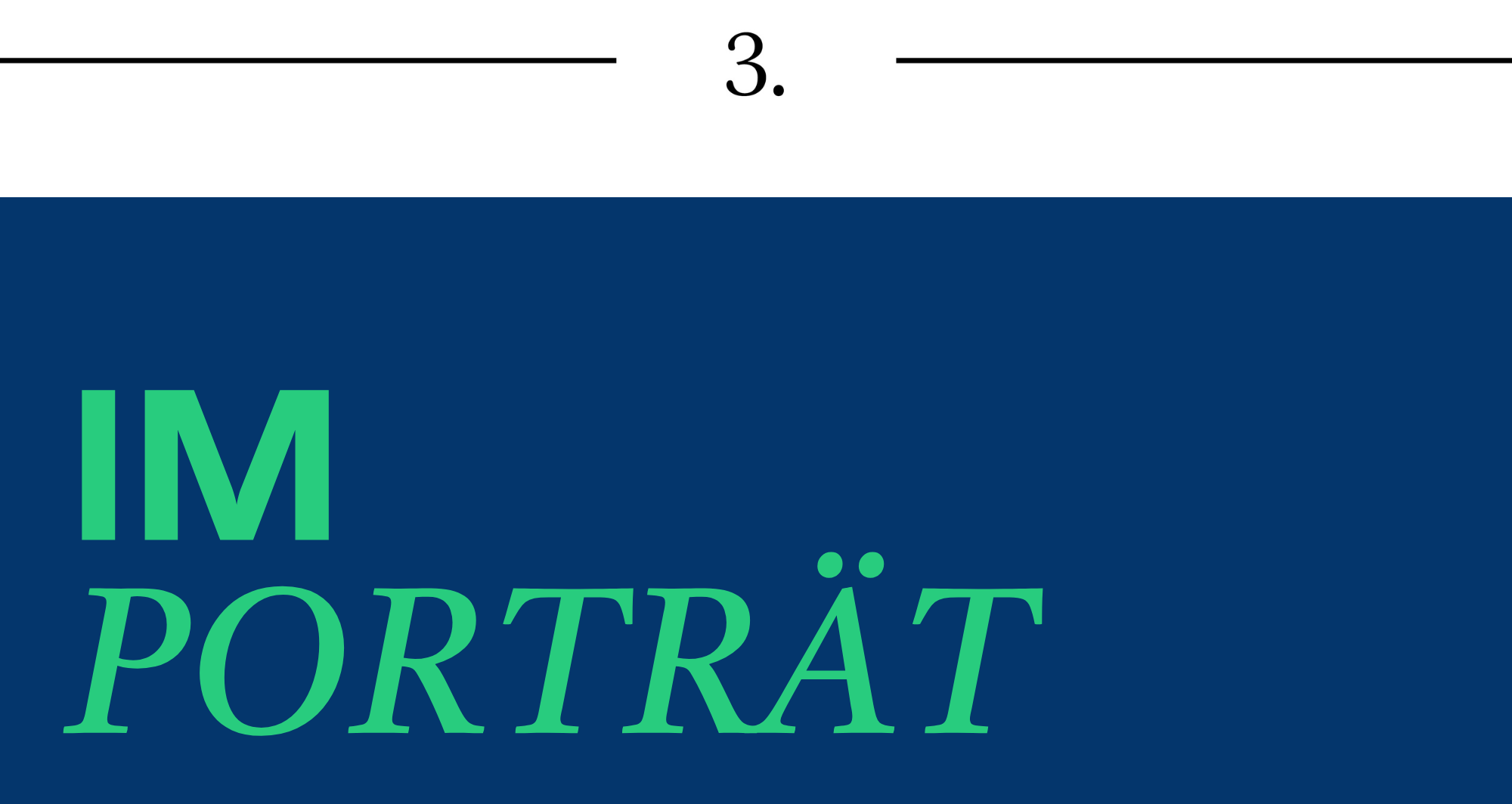
Hailing from Norfolk, Virginia, Grammy Award-winning tenor Freddie Ballentine was the 2021 recipient of the Kennedy Center’s Marian Anderson Award and is an alumnus of both the Cafritz Young Artists of Washington National Opera and the Los Angeles Opera’s Domingo-Colburn-Stein Young Artist Program. He trained with Wolf Trap Opera, Aspen Music Opera Center and The Opera Theatre of St. Louis, who awarded him the Thelma Steward Endowed Artist Alumni Award. Among his most notable performances was his interpretation of ‘Sportin’ Life’ in “Porgy and Bess” at the English National Opera, De Nationale Opera and the Metropolitan Opera.
Admired for his versatility and individuality, Freddie’s 2024-2025 season includes debuts with the New World Symphony (Harlekin in Der Kaiser von Atlantis, Stéphane Denève conducting), Austin Opera (Ben Marco in The Manchurian Candidate), and Utah Opera (The Witch in Hänsel und Gretel). He returns to Dutch National Opera for the world premiere of We Are The Lucky Ones, gives recitals with pianist Kunal Lahiry for Konzerthaus Berlin and Seattle Opera, appears in concert with Pacific Vocal Series, and bows with the Philadelphia Orchestra and Yannick Nézet-Séguin as Melot in Tristan und Isolde.

Indian-American pianist Kunal Lahiry is a 2021-2023 BBC New Generation Artist and recipient of the 2021 Carl Bechstein Foundation scholarship. Recent performance highlights include at the Wigmore Hall, Elbphilharmonie, Kennedy Center, Pierre Boulez Saal, Festival d’Aix-en-Provence, and more. In June 2023, Kunal curated a ‘Queer Song Festival’ at St. George’s in Bristol, which was broadcasted by BBC Radio 3.
Lahiry is currently in the process of a long commission project to create a trans*Winterreise — taking the dramatic scope and psychological landscape of Schubert/Wilhelm Müller’s song cycle and reimagining it as a contemporary narrative for the queer identity and journey. He received grants from the Musikfonds and the Center for Musical Excellence to finance and co-produce an interdisciplinary video concert entitled ‘Homescapes’ with Icelandic soprano and visual artist Álfheiður Erla Guðmundsdóttir, and created a music video with Boomtown Media Productions exploring queerness in classical music through the support of the Liedzentrum Heidelberg. In 2022, Kunal was invited to create a conceptual, interdisciplinary song recital for Heidelberger Frühling Festival “Lied.LAB”, which he called ‘Sleep Cycle of an Insomniac’. He has collaborated with pop singer Lie Ning in Berlin and performed together at the 2020 Reeperbahn in Hamburg. Kunal graduated with distinction at the Hochschule für Musik “Hanns Eisler”, where he studied Liedgestaltung with Wolfram Rieger.
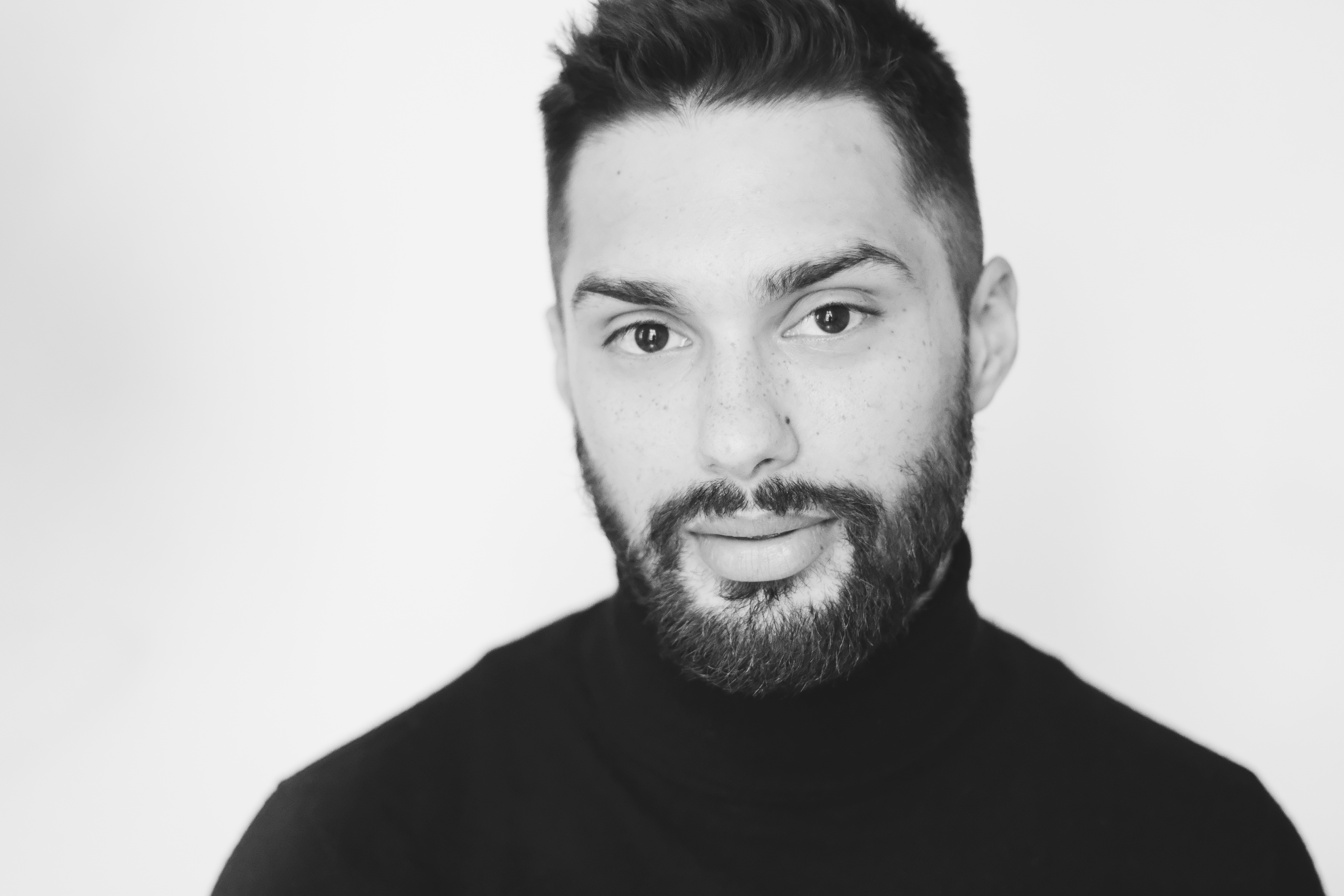
Mandhla. is a trans-feminine gender multi-media performance artist born and raised in Zimbabwe, Africa. As a current resident in Berlin and an avid performer for over five years in Germany she brings a blend of experimental R&B and Soul music intertwined with visual projections and performative dancing. Her music speaks of the daily trials that Trans*, enby and femme* immigrant bodies experience daily with love, identity, sex and acceptance.
A strong lover of visual beauty, fashion, the art of voguing and music, and her work being displayed in various stages, festivals and artistic institutions such as Whole Festival, Pop Kultur, Munich Kammperspiele, Gropius Bau, Kulturbraureui, and the HAU to name a few, she promises to bring to you an experience that takes you to a world of beauty and divine epiphanies through fierce queer representation and black femme* power that speaks to the souls that have lived and continue to live through her work.
German Mother Gina Angels began her ballroom journey in 2018 has been a prominent figure in the Realness and Face categories, expanding her repertoire in 2022 with Vogue Fem. Joining the Kiki House of Angels in 2019 later and reaching a milestone in 2023 as the German Mother of the House. Over the years she has established herself as a ball organiser as well as curating showcases, workshops and panel talks about important topics regarding ballroom culture and community. As one of the first active femme queens in Germany, Gina is leaving a lasting impression on the ballroom community and inspiring future generations. Recently she was awarded the “German Staple Award” for her continous work and committment towards the ballroom community in Germany.
Xena is an Italian performer based in Berlin with a background in music, dance, and martial arts. She discovered voguing in 2013 through ballroom icons Benny and Javier Ninja, and since entering the scene in 2016, she has gained recognition across Europe. Xena joined the Iconic House of Miyake Mugler in 2018 and became the godmother of the Kiki House of Louboutin in 2023. Her work in ballroom celebrates pride and resilience, which she is excited to bring to new stages.
Joana Juicy Couture has been a performer and active member of the ballroom scene for 3 years. She has established herself in Face and Vogue Fem in and outside of Germany. She also has experience in other sectors like modelling, fashion, film and performance art.
Shayne Stubbs , is a multidisciplinary performing artist / Movement Director / Model who has worked for multiple companies brands and artists nationally and internationally . The Bahamian German Performer is known for excelling in their art with passion soul and often emerging his roots and experiences in his work.
Zima has been a member of the Ballroom scene since 2018, where he has carried on the everlasting legacy of Pop Dip and Spin, also known as Old Way. He has walked and won all around Europe, contributing to keeping this style alive. The original form of Voguing is built upon grace and precision, which mix in his performance with impactful movements and athletic poses. He is a member of the German chapters of the Kiki House of Laveaux and of the House of Gorgeous Gucci.
